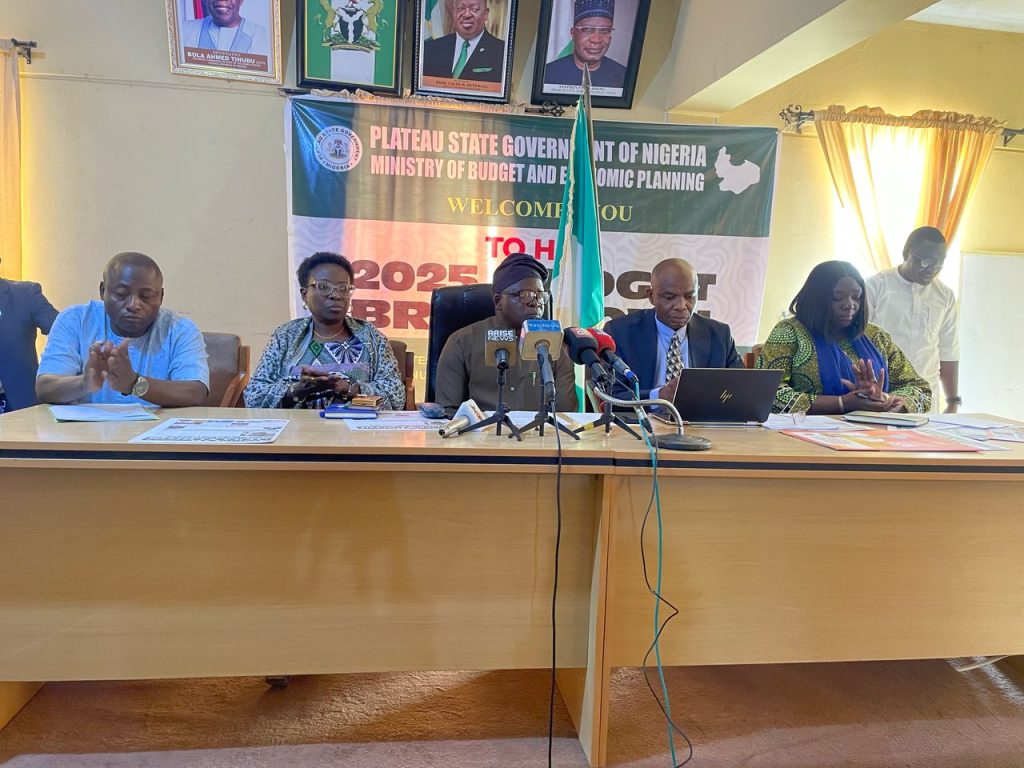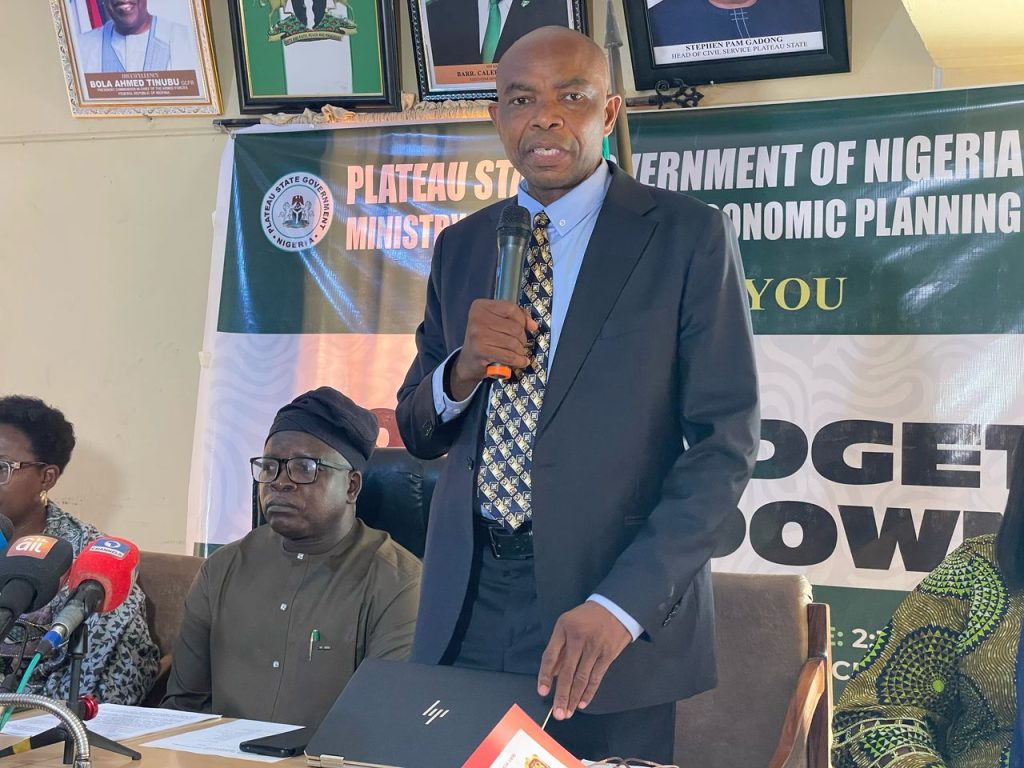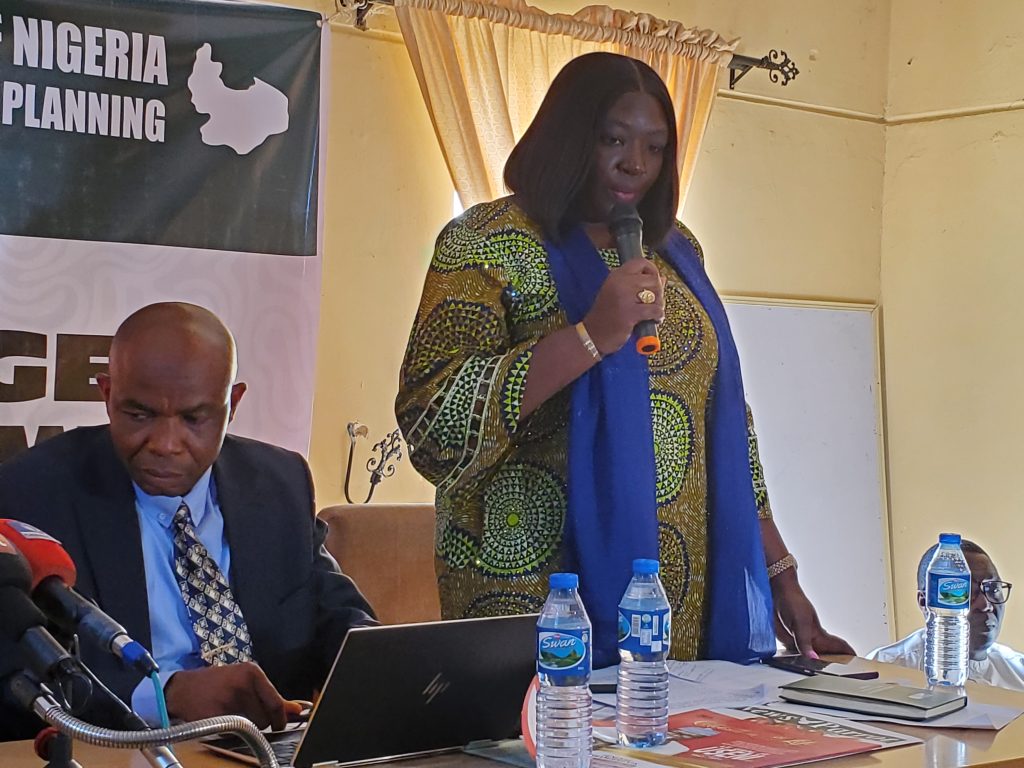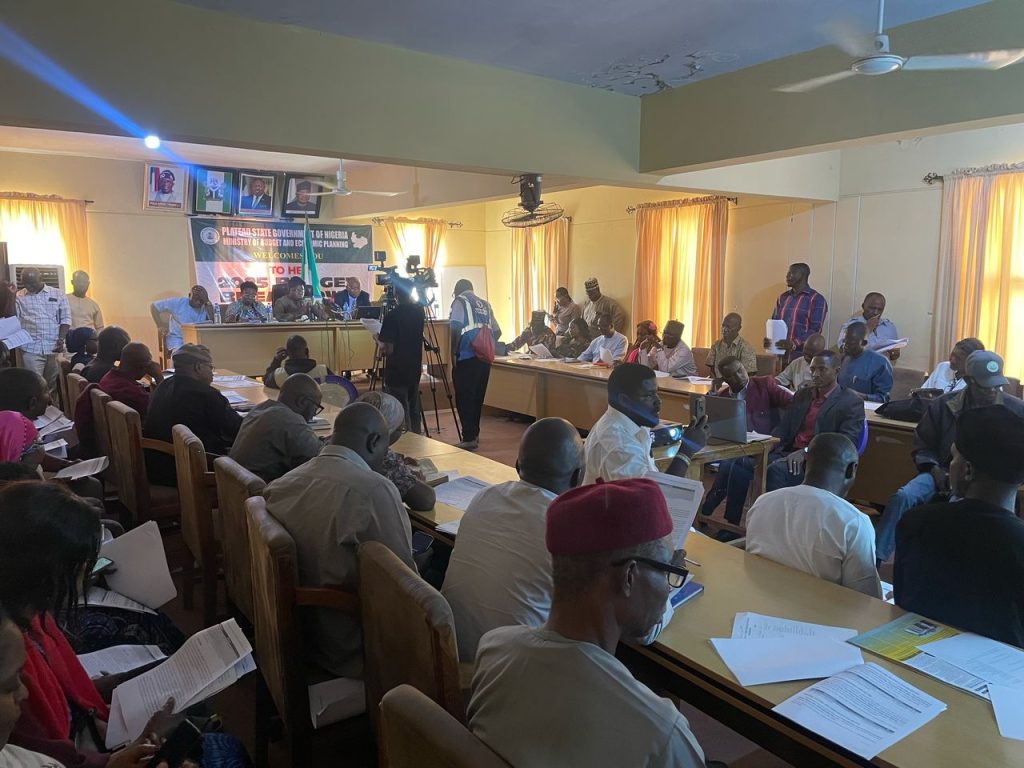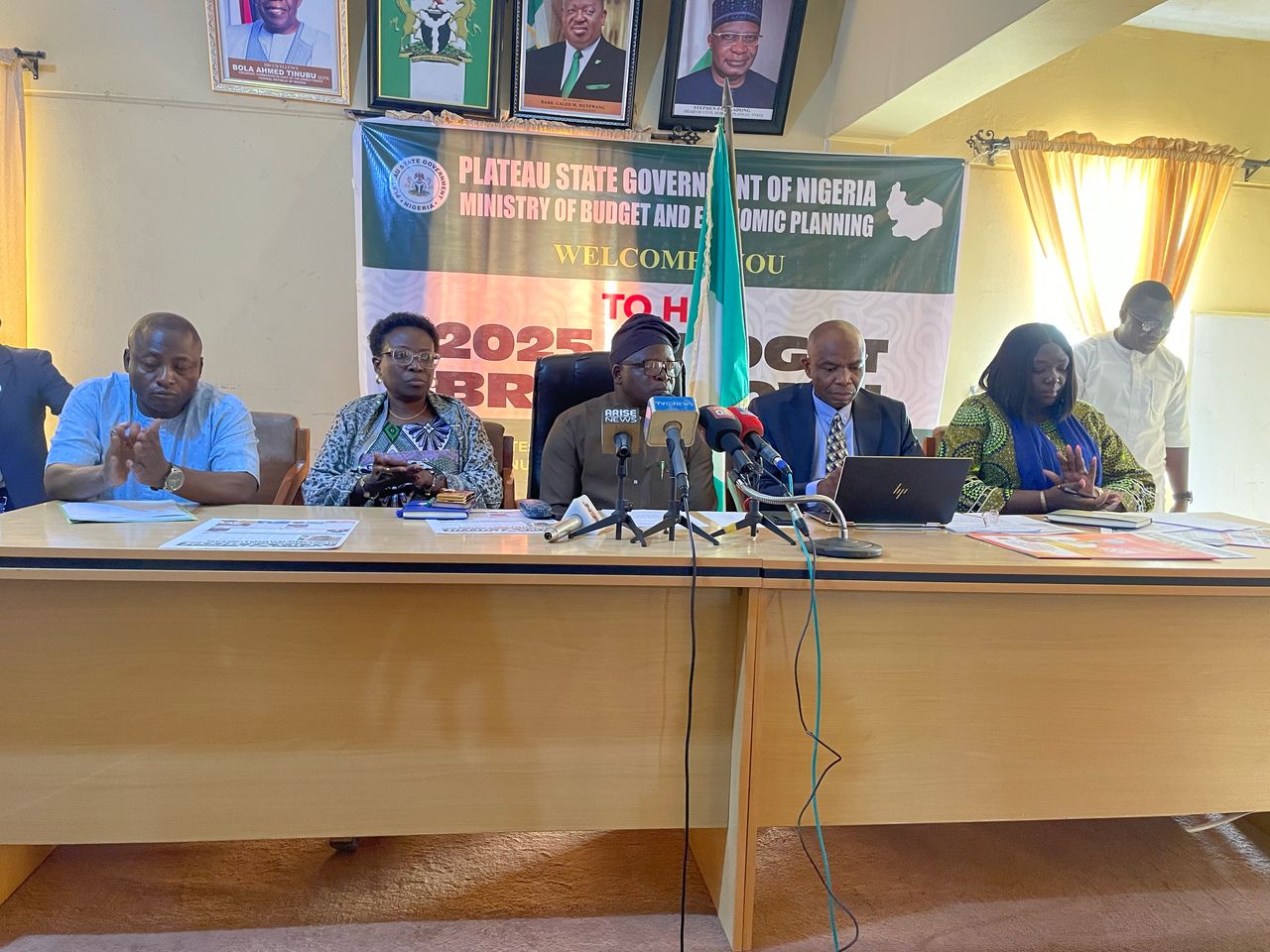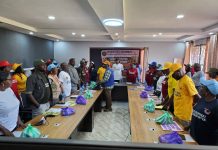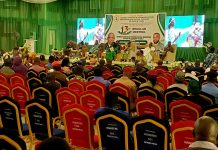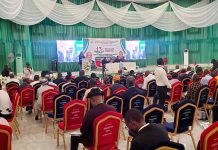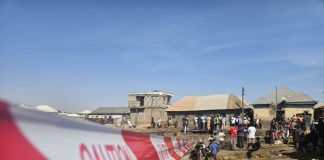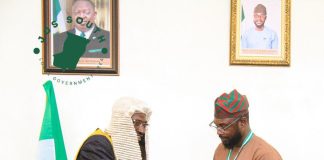The Plateau State Government has unveiled the 2025 budget tagged “Budget of Consolidation and Sustainability,” reflecting its commitment to solidifying past achievements while ensuring continued growth and development.
The budget was presented by the Commissioner for Budget and Economic Planning, Hon. Adam’s B. Lekshak, at the Cabinet Office, J.D. Gomwalk Secretariat, Jos. With the state’s economy facing challenges, the government has resolved to address these concerns through strategic fiscal planning and prudent resource management.
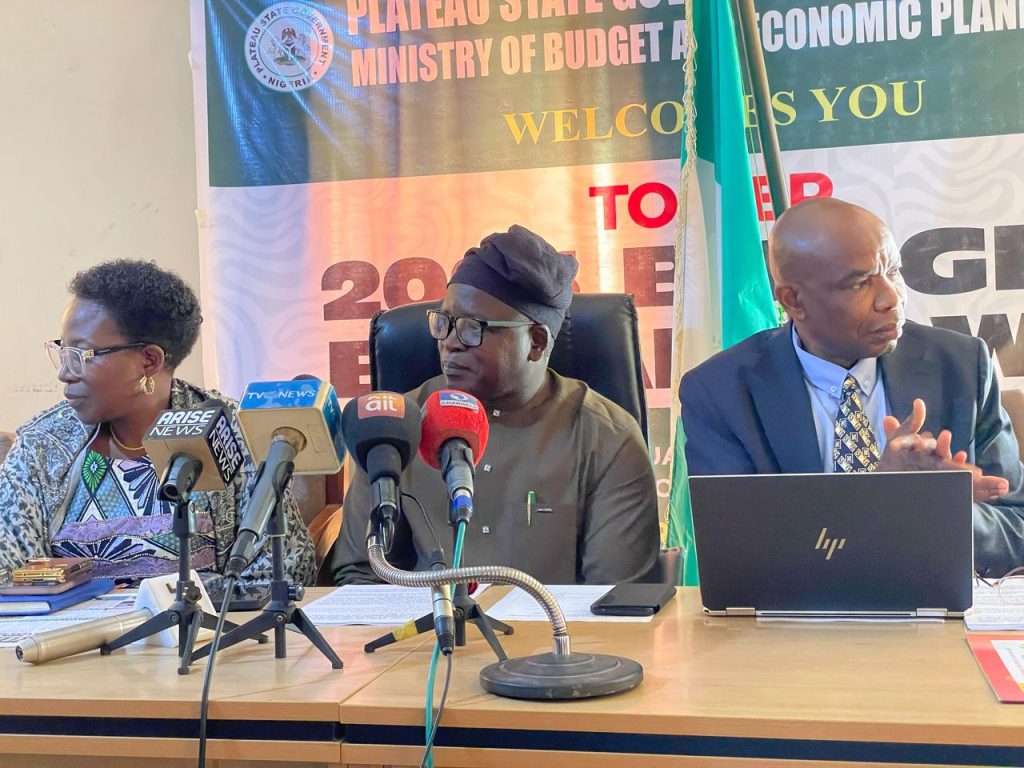
In his address, Hon. Lekshak emphasized the importance of maintaining stability and building upon the gains of previous years. “This budget is not just a financial plan; it is a blueprint for sustainable development that consolidates past achievements,” he said. The 2025 budget, according to the Commissioner, aims to bolster the state’s economic growth while improving the welfare of citizens through targeted reforms and investments.
The 2025 budget, with a total size of N499.45 billion, marks a significant increase of N184.59 billion over the 2024 approved estimate. The Commissioner attributed this growth to the administration’s focus on promoting peace, enhancing security, and changing the socio-economic landscape of the state. “We are committed to ensuring that Plateau State continues on its path of prosperity,” Hon. Lekshak stated.
The budget is divided into two main components: recurrent and capital expenditure. The recurrent expenditure accounts for N207.18 billion, representing 41.48% of the total budget, while the capital expenditure stands at N292.26 billion, which represents 58.51%. This allocation, according to Hon. Lekshak, underscores the administration’s focus on capital projects that will have a lasting impact on the state’s development.
Hon. Lekshak highlighted the Plateau State Medium-Term Expenditure Framework (MTEF) 2025-2027 as a critical guide for fiscal planning. The framework outlines the state’s revenue and expenditure ceilings, providing a roadmap for resource allocation in line with government priorities. “Our fiscal strategy is focused on economic diversification, reforming public institutions, and reducing infrastructure deficits,” the Commissioner noted.
The state’s revenue estimates for 2025 are projected at N499.45 billion, with N242.51 billion expected from recurrent revenue, which includes internally generated revenue (IGR) of N52.31 billion and government shares from the Federation Accounts Allocation Committee (FAAC) amounting to N190.20 billion. Additionally, N256.93 billion is anticipated from other receipts, including aids, grants, and the Capital Development Fund (CDF).
Hon. Lekshak explained that the recurrent expenditure, totaling N207.18 billion, includes personnel costs of N67.14 billion and other recurrent costs amounting to N140.04 billion. “We have ensured that every kobo is accounted for, with transparency and accountability as our guiding principles,” he emphasized.
On capital expenditure, the Commissioner outlined the key sectors that will drive the state’s development in 2025. The Economic Sector, which includes agriculture, finance, commerce, and industry, has been allocated N154.31 billion, representing 52.8% of the capital budget. In the agriculture and rural development sub-sector alone, N17.28 billion has been earmarked to boost food security through farm inputs and equipment procurement.
The Finance and Economics sub-sector received N36.14 billion, aimed at coordinating government projects and programs. The Ministry of Budget and Economic Planning, along with the Bureau of Statistics, was allocated N31.69 billion, while N1.44 billion was set aside for Plateau Internal Revenue Services to enhance revenue generation.
Works and Transport were also prioritized, with N27.83 billion allocated for ongoing and new road projects across the state. “We are committed to improving our road networks to facilitate transportation and economic activities,” Hon. Lekshak said, adding that this allocation represents 9.52% of the total capital budget.
In the social sector, the state has allocated N22.51 billion to the education sub-sector, representing 7.7% of the capital budget. The Commissioner highlighted the government’s commitment to rejuvenating the education system by investing in infrastructure and human capital development. The health sector will also receive substantial attention, with significant allocations aimed at improving healthcare delivery.
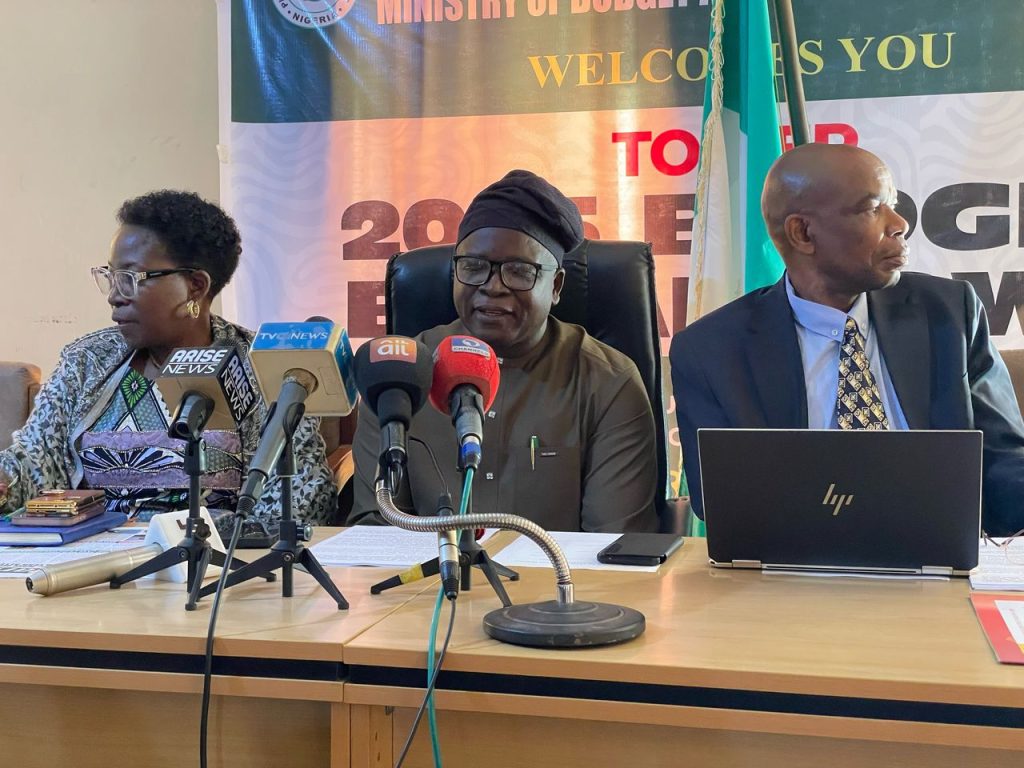
Hon. Lekshak concluded by reaffirming the government’s dedication to prudent fiscal management and economic reforms. “This budget reflects our administration’s resolve to create an environment where every Plateau citizen can thrive,” he said, urging all stakeholders to support the government’s efforts to achieve its objectives for 2025.
The Commissioner stressed the importance of synergy between revenue-generating agencies to ensure accountability and transparency throughout the process. “We must all work together to realize the vision embedded in this budget,” he added.

In her closing remarks during the 2025 budget breakdown, the Plateau State Commissioner of Finance, Mrs. Dongkum Grace Shwarta, emphasized the significance of project planning in ensuring effective governance and citizen involvement. She encouraged attendees to actively engage by asking questions throughout the year, particularly on areas needing clarification. She highlighted the availability of the entire budget project online, urging citizens to access it and raise any concerns.
Mrs. Shwarta also acknowledged the role of the public as watchdogs, noting that their input is crucial for keeping the government accountable. She emphasized the importance of continuous interaction between the public and the government, assuring them that the doors of the finance department remain open for further clarifications. In her final note, she thanked everyone for their interest, participation, and attention throughout the session, and offered prayers for their safe return to their respective destinations.
The 2025 budget presentation marks a significant step in Plateau State’s journey towards sustainable development, with a clear focus on consolidating gains and unlocking new opportunities for growth across all sectors.
